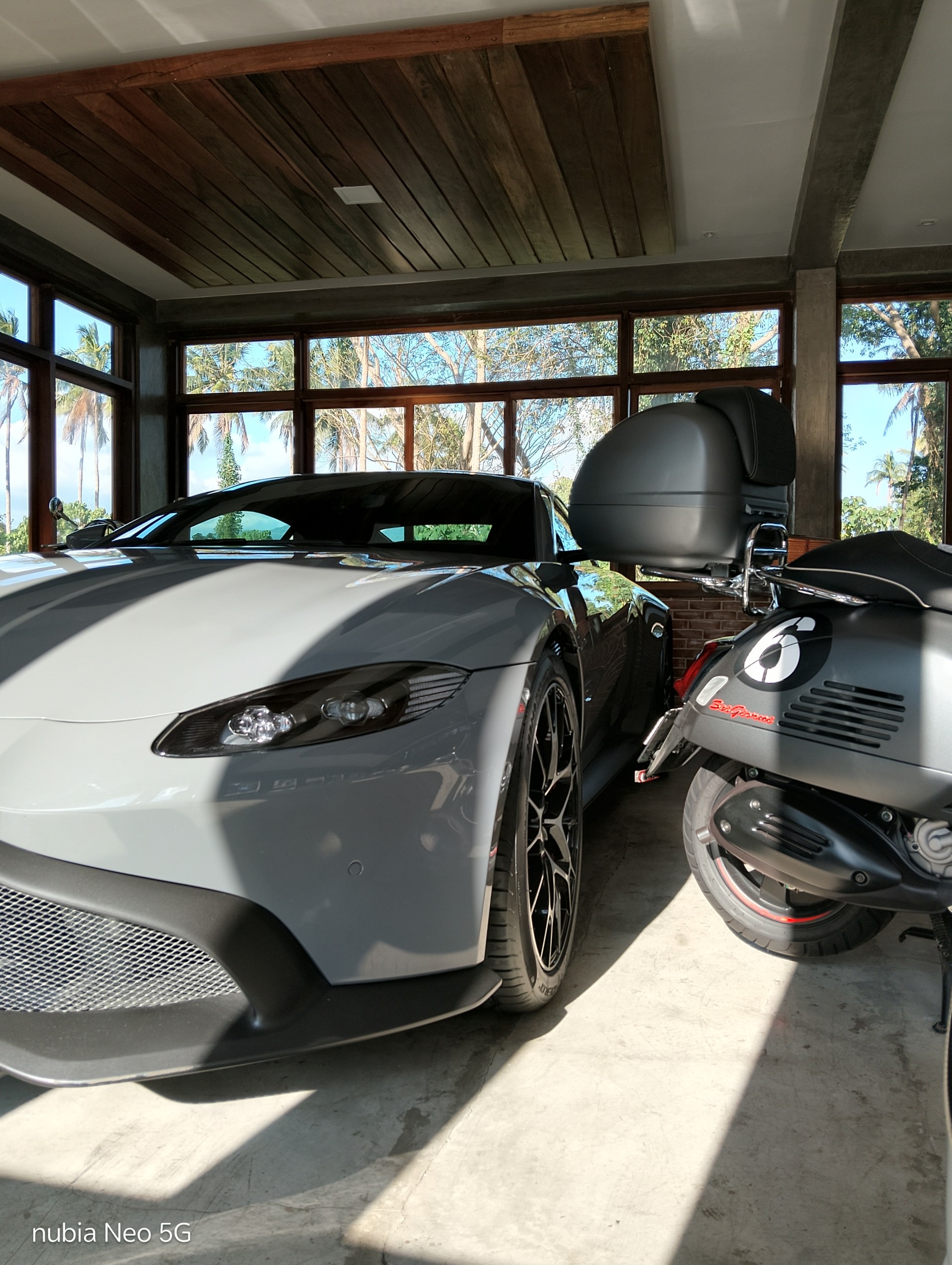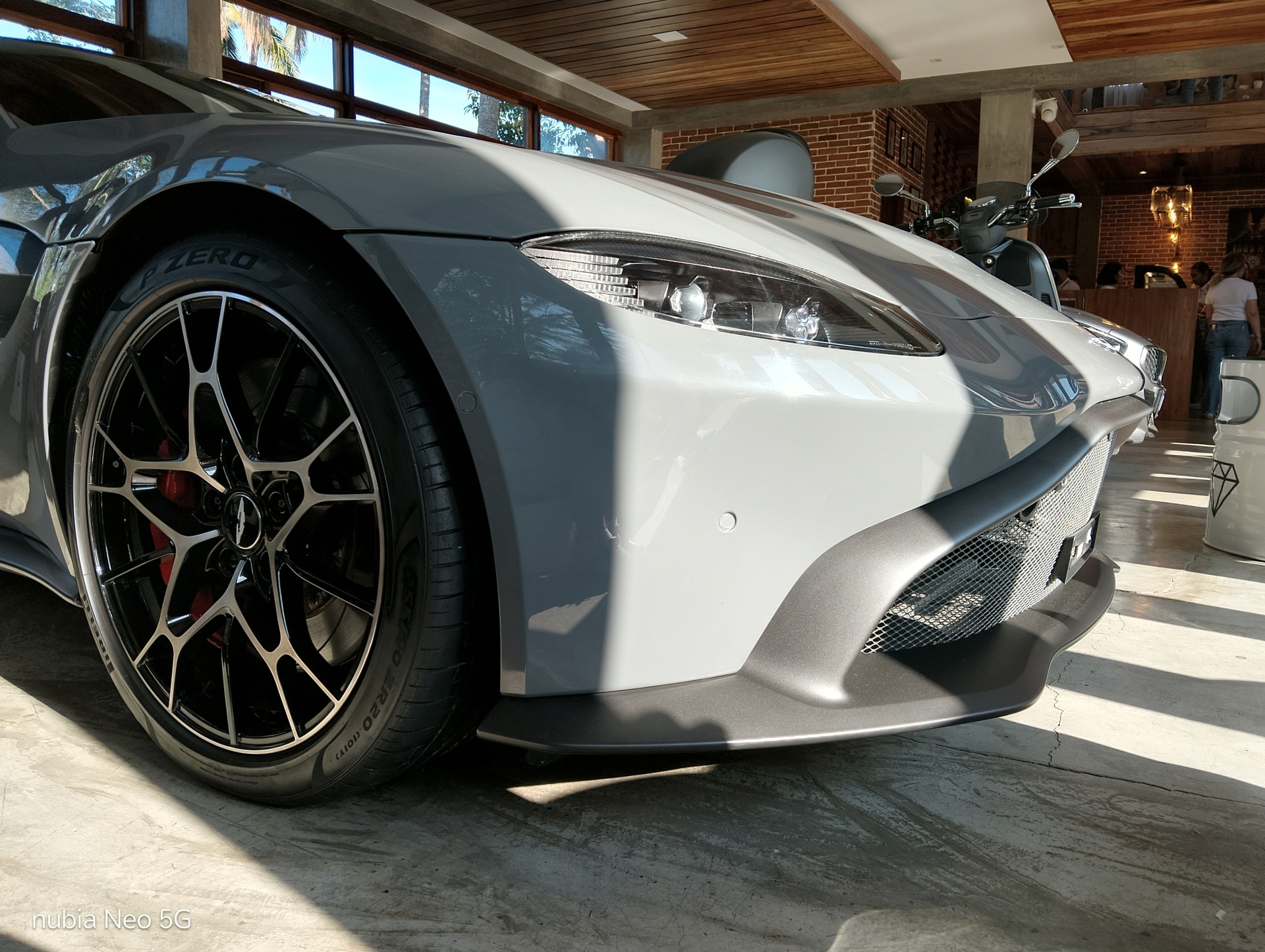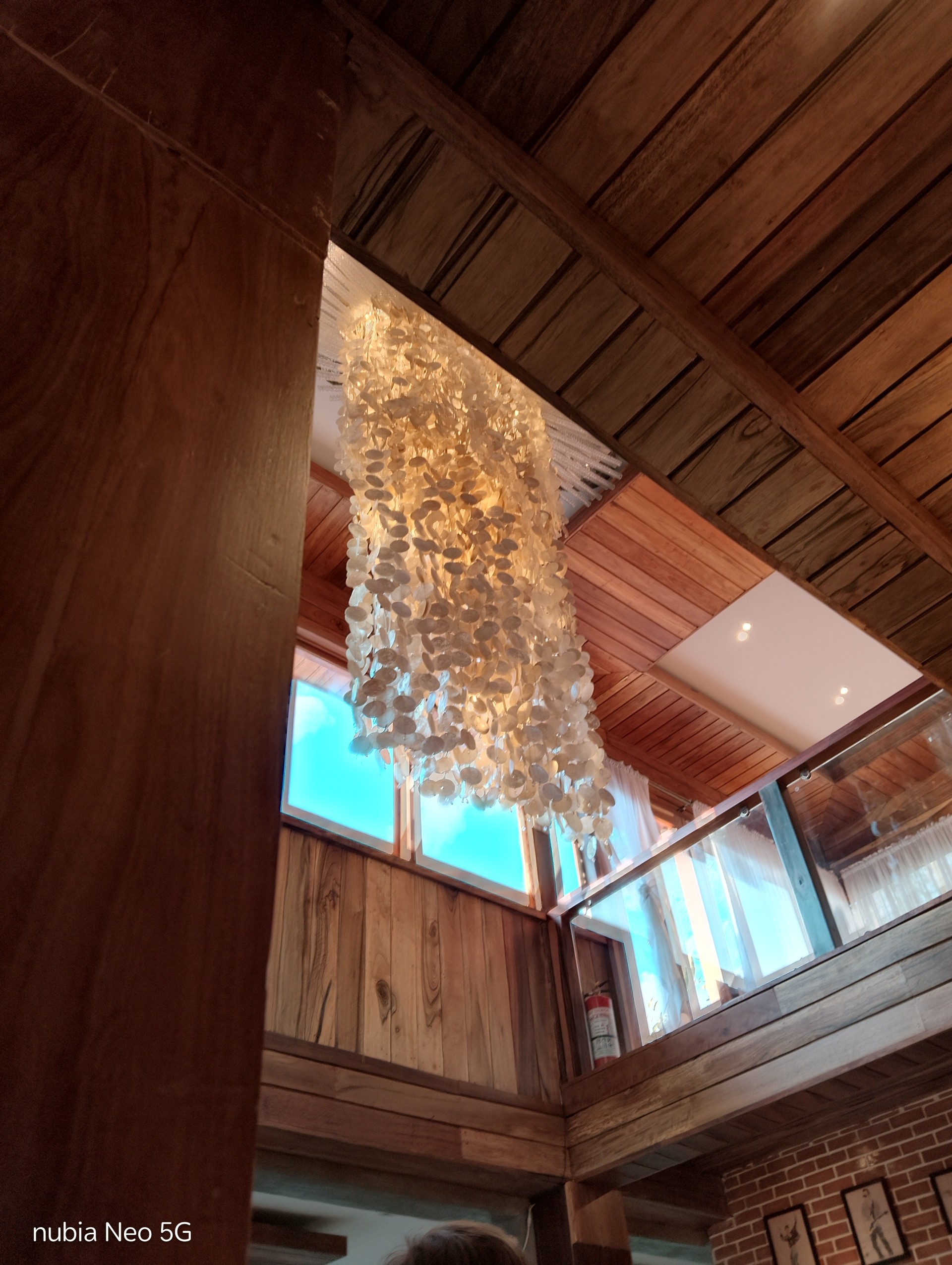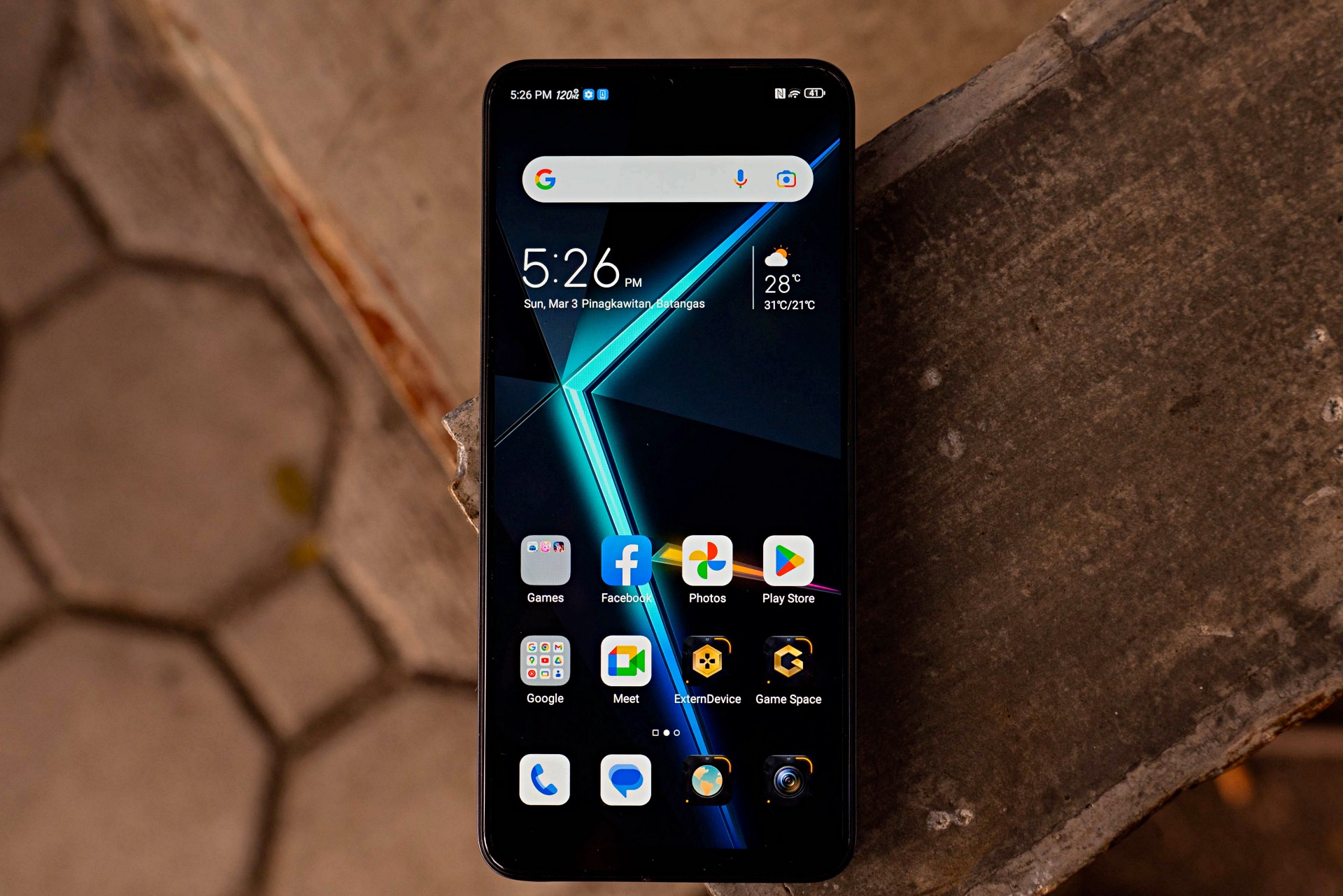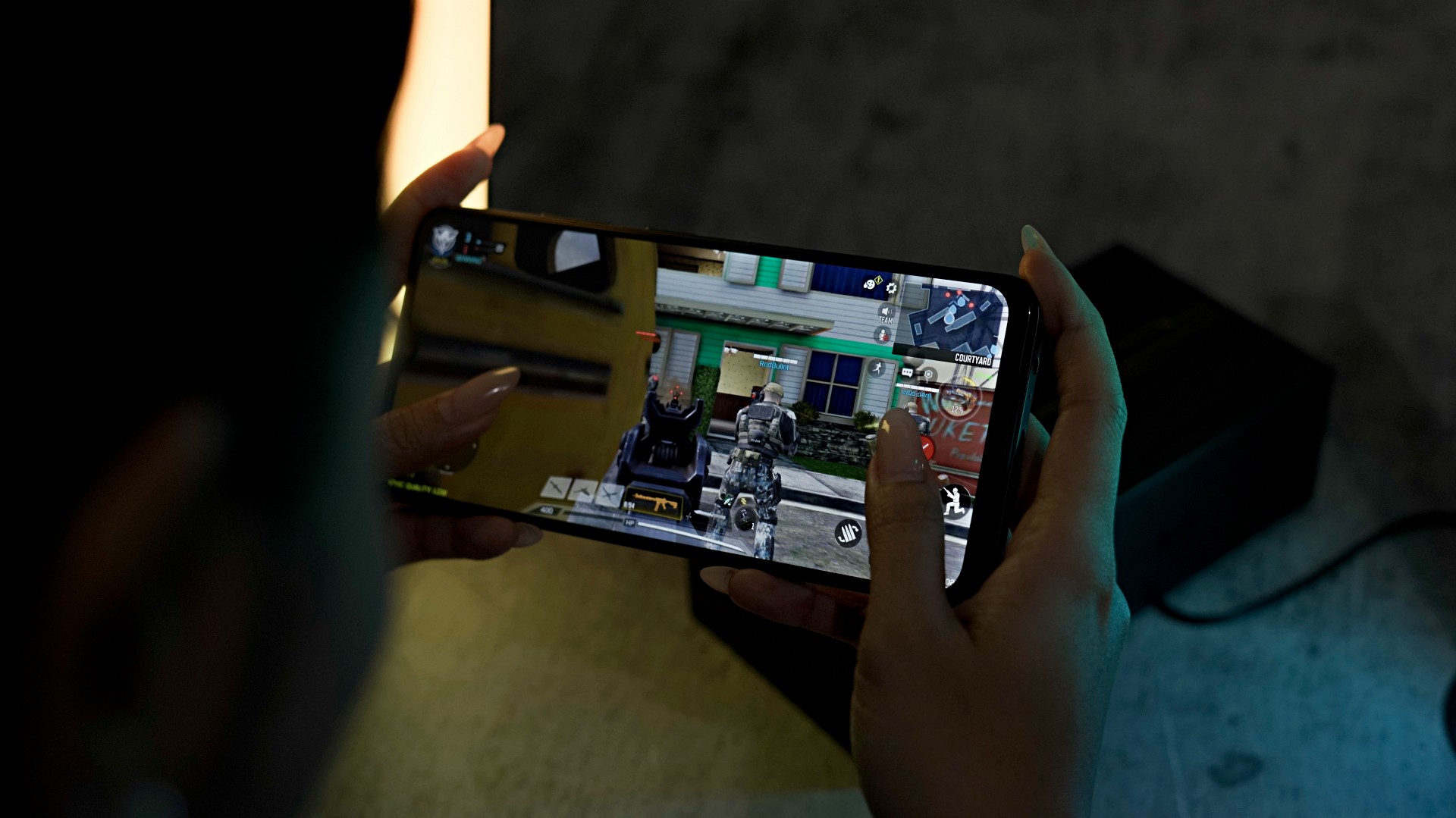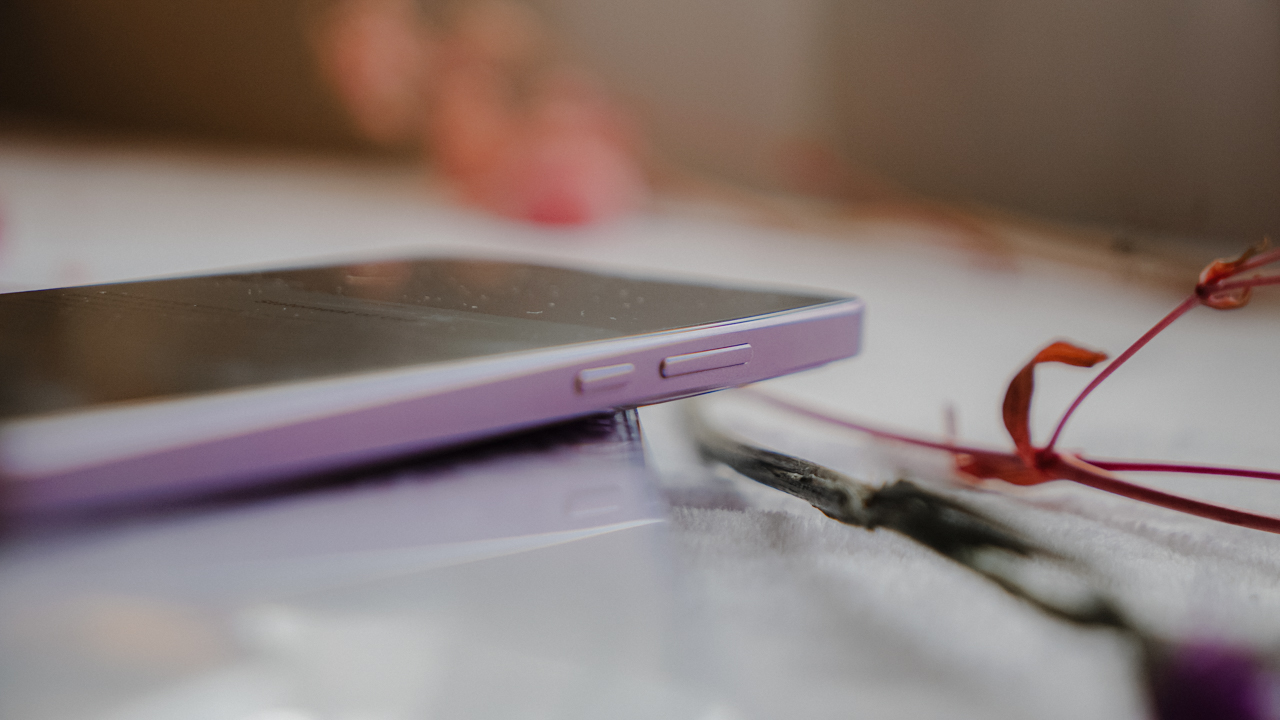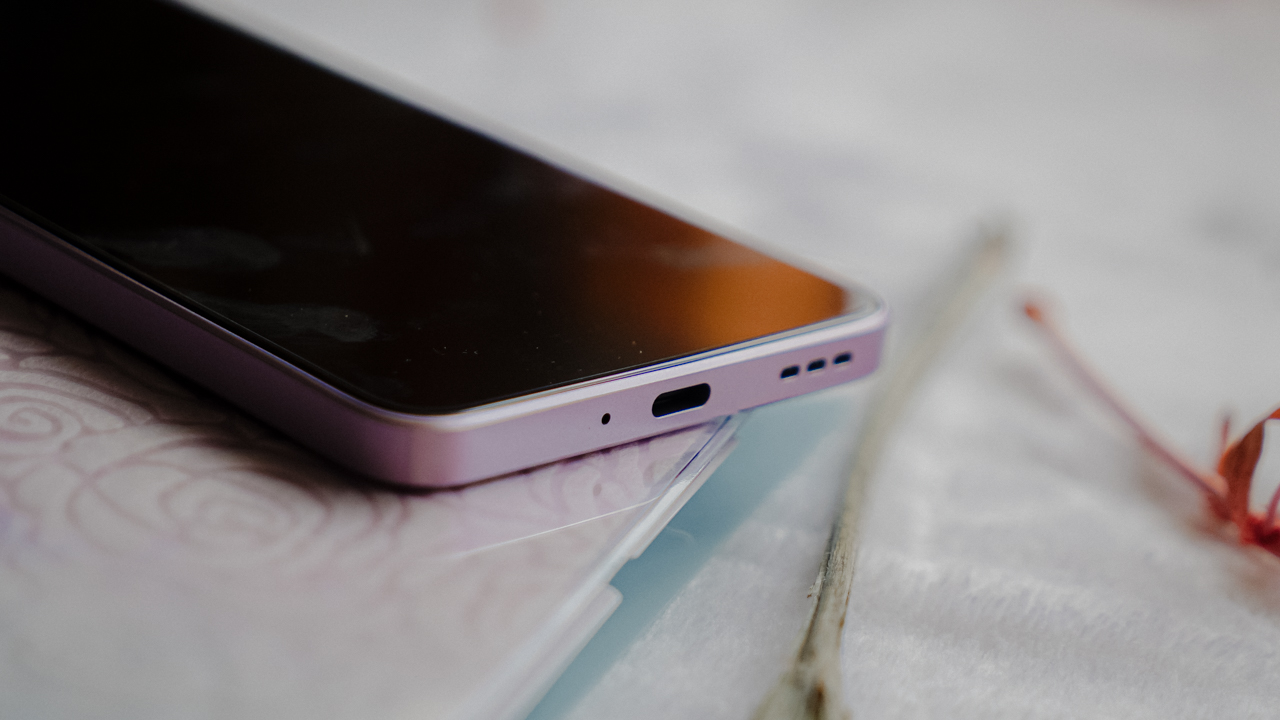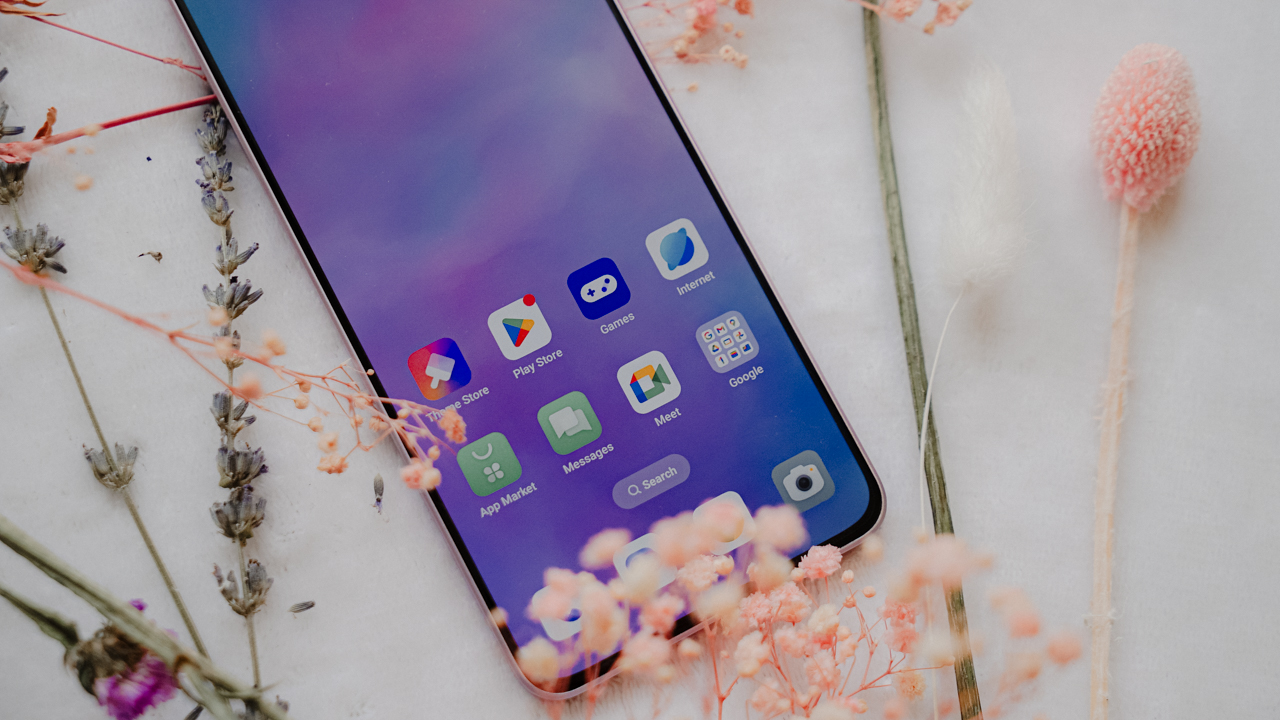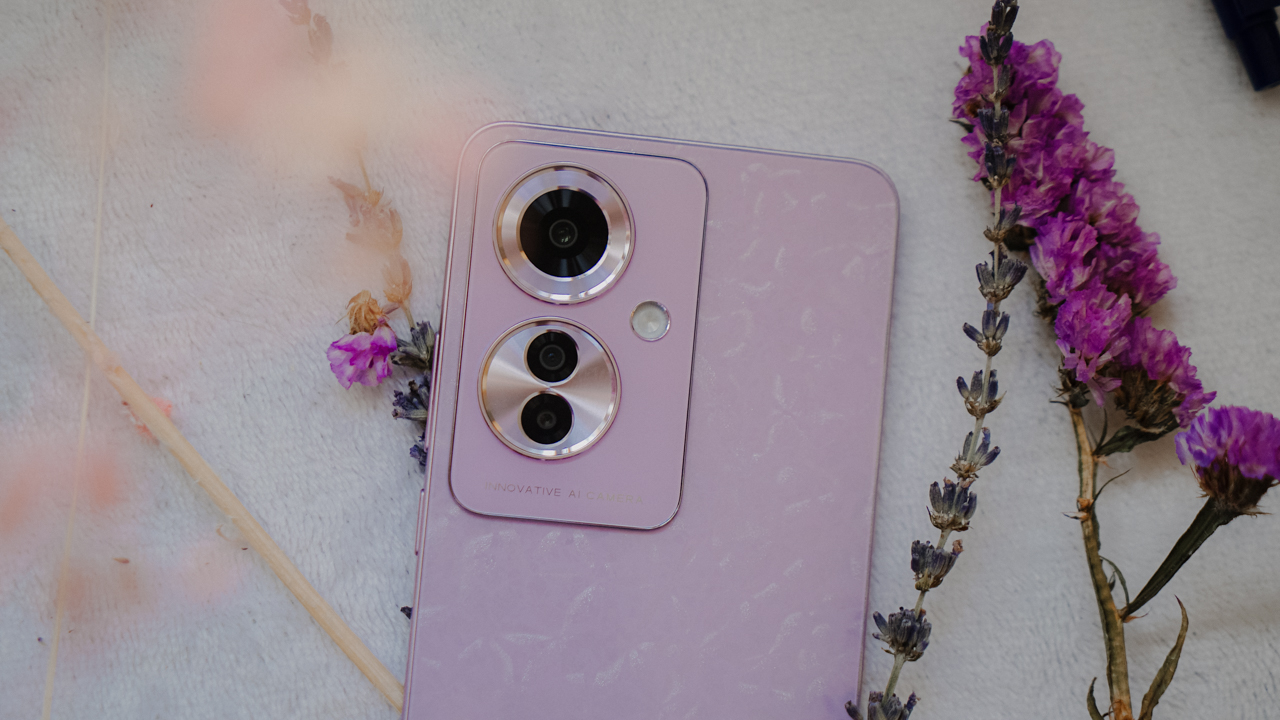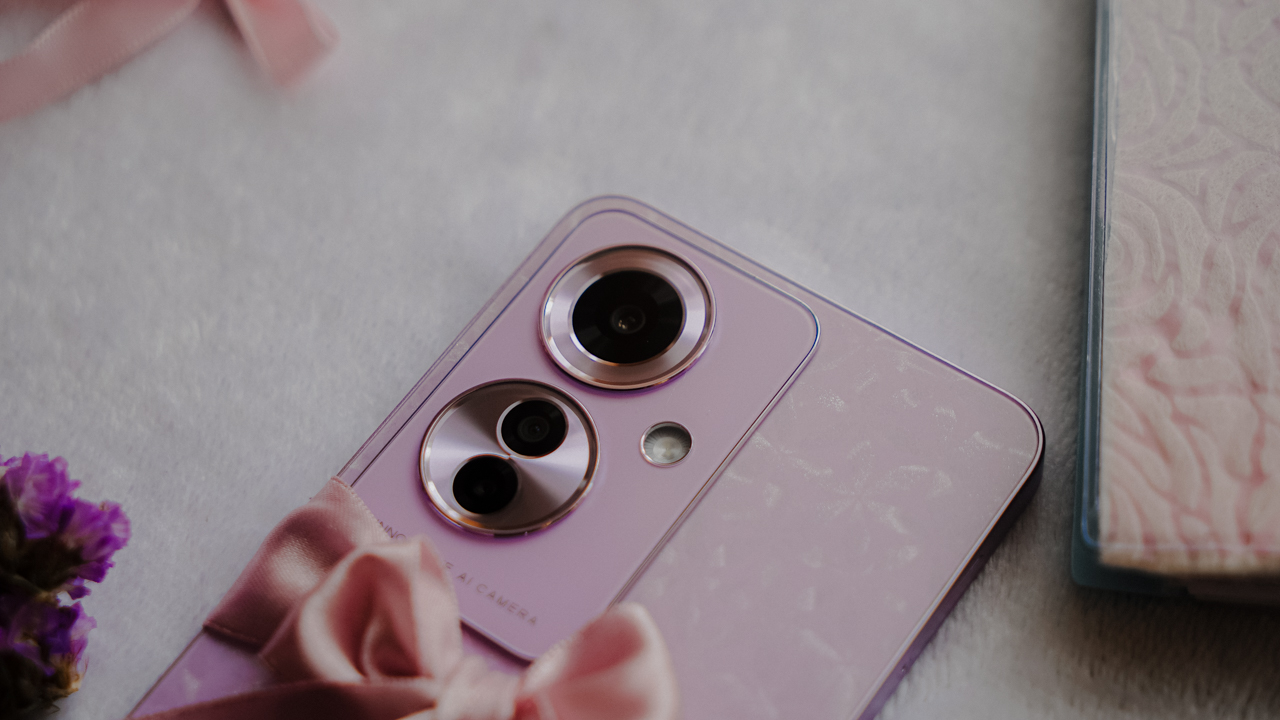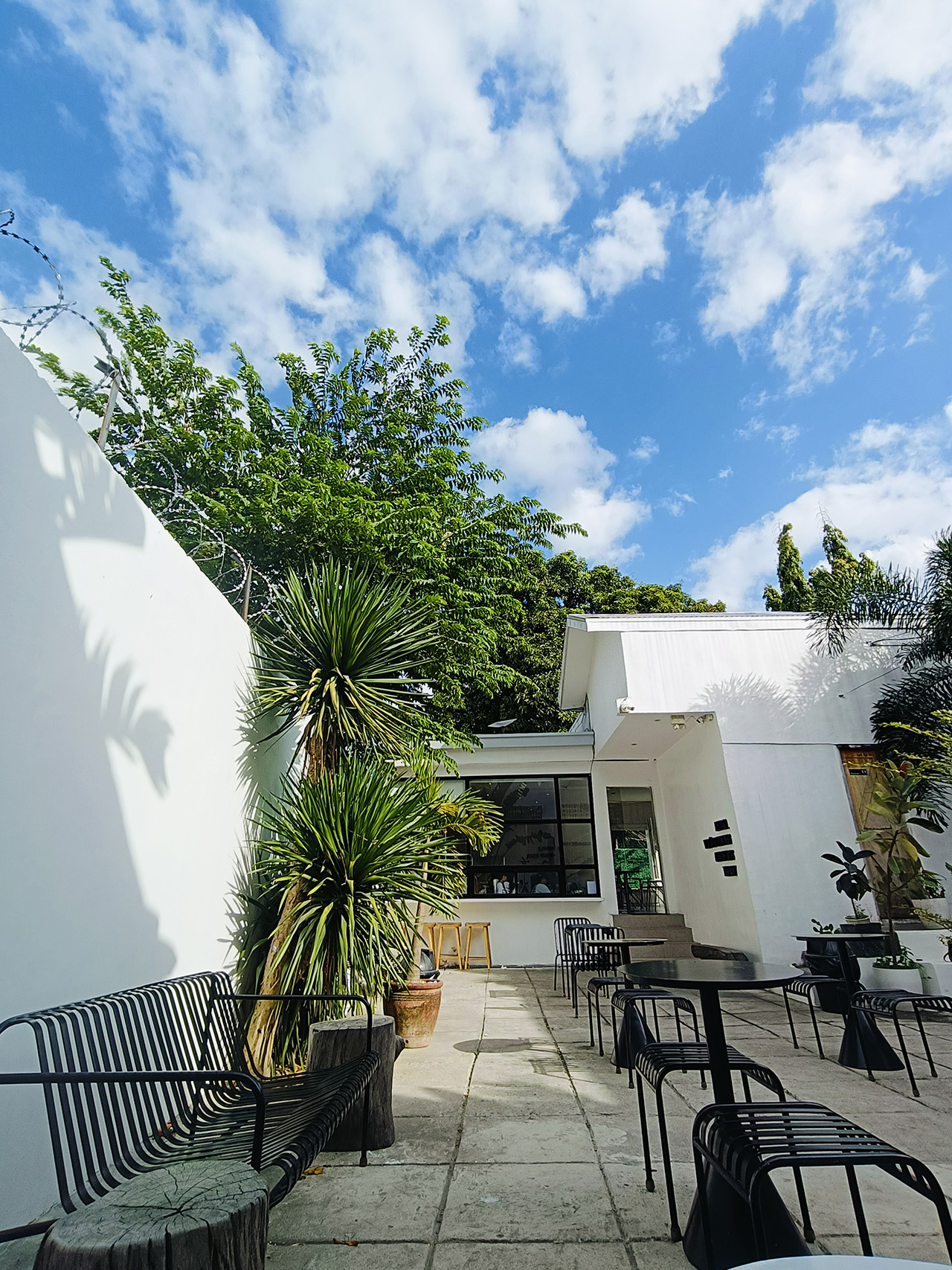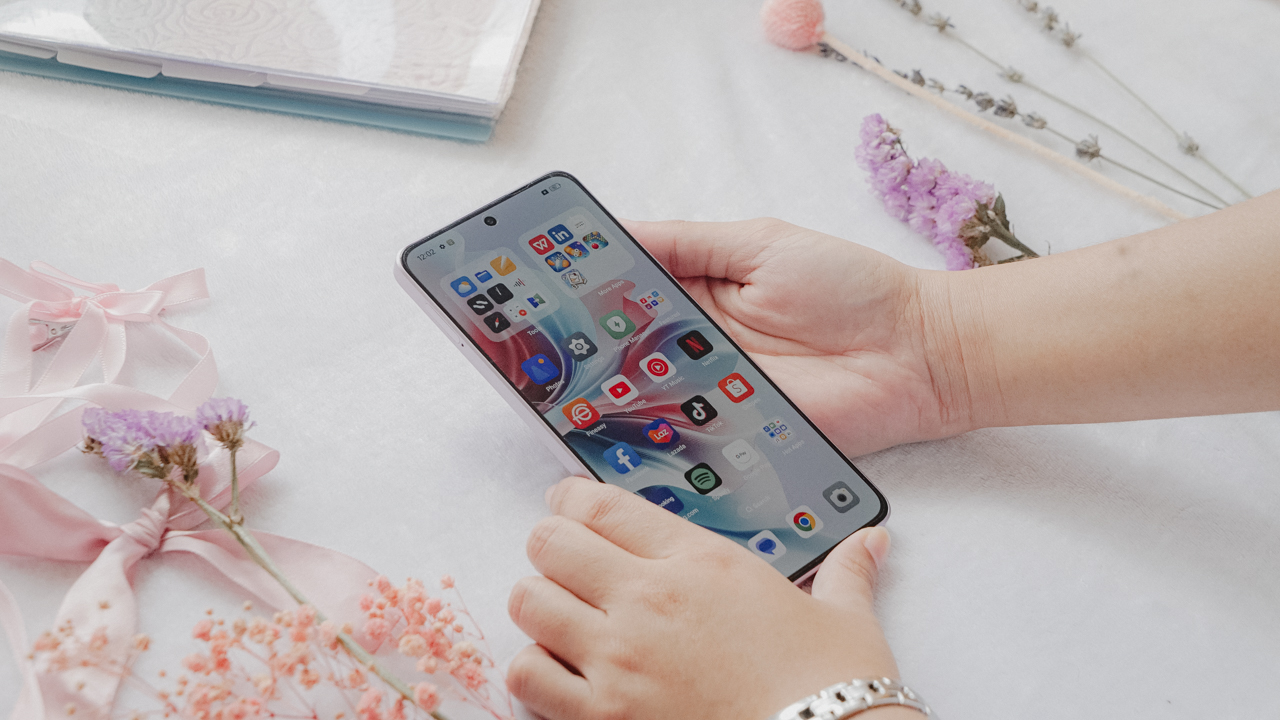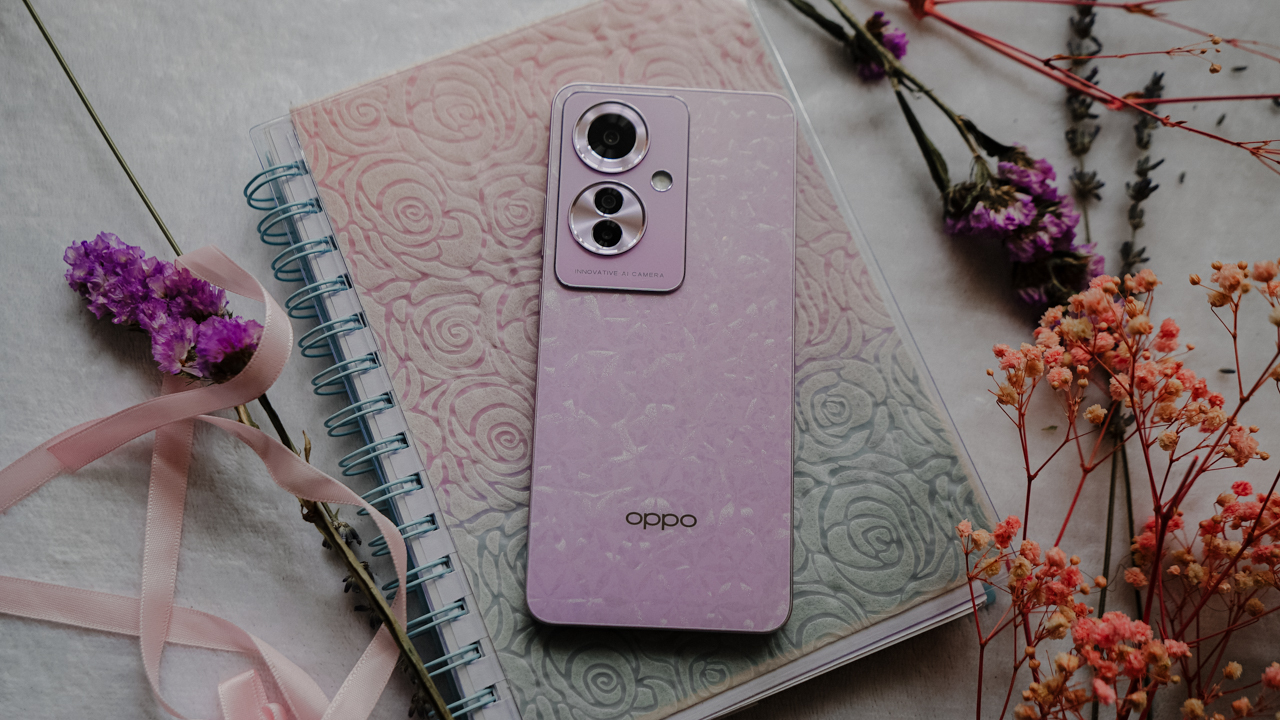
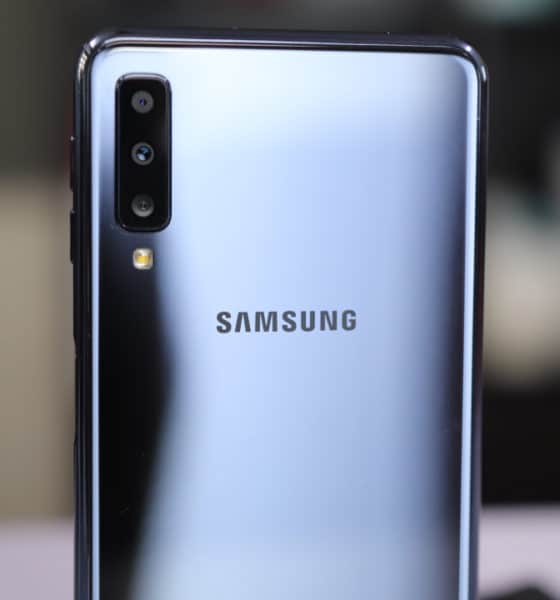
Hands-On
Samsung Galaxy A7 hands-on: What can its three rear cameras do?
Among the best midrange camera phones out there
Last month, Samsung launched the Galaxy A7 in India, and the phone will soon be coming to more Asian markets. While the company is known to have a wide product portfolio, the A7 has managed to stand apart and create ample hype, something we usually see happening only with the S and Note series.
This year, Huawei’s P20 Pro has been a raging hit thanks to its triple rear camera setup. Not only are sales booming, but it has managed to set a new benchmark for mobile photography. Samsung joined the trend and introduced a triple rear camera setup on the Galaxy A7, but at a significantly lower price.
At first, we’d all assume it to be a gimmick. It isn’t new to see companies take a dig at each other, but this where we’d be wrong. I’ve been using the phone for a week now and the A7 has managed to surprise me. Let’s have a closer look at how the camera works and whether this one forte of the phone is sufficient to sell it.
To start off, the three lenses on the rear are located vertically and are very well integrated with the frame. They do protrude slightly, but not enough to actually wobble the phone on a flat surface. The primary camera is a 24-megapixel sensor that does all the heavy lifting, the second lens has an 8-megapixel wide-angle unit, and the third is a 5-megapixel depth sensor.
The depth sensor along with the primary lens create the bokeh effect that Samsung calls Live Focus. Samsung’s camera software lets you manually adjust the amount of blur you want in the picture, even after you’ve clicked the picture. The bokeh effect is above average, but not the best. In good lighting conditions when the subject is clearly visible, it does an excellent job in distinguishing the borders. But often gets confused when any headgear like a cap is worn.
But, Samsung has hardly marketed the bokeh effect as far as the A7 is concerned, and that’s because the wide-angle lens is the real deal here. In the given price range, there are no phones that offer this feature. And, Samsung calls this lens “ultra wide,” coming in at 120 degrees field of view.
With just one toggle, you can shift to the wide-angle lens from the default camera app. Keep in mind you can only use this mode via the Samsung Camera app and third-party apps like Instagram and Snapchat are not supported. The first time you toggle and see the wider frame, you’ll fall in love with it. Compared to conventional setups, wide-angle pictures are able to capture a larger scene, and the fisheye effect has its own sporty feel.
The wide-angle lens is built for scenic landscapes and large group pictures, it can also capture clear and crisp images of objects that are just a few feet away. Though it has to be noted that this camera is not built for macro shots and lacks selective focus. It’s very similar to using a GoPro — just point the camera and hit the shutter.
Samsung has optimized the software very well and hence the output is well saturated and dynamic range is balanced. In low-light, the pictures are low on noise and manage to capture an overall good picture, though it heavily compromises on detail. Even in slightly dim areas, details are lost very quickly.
While most people may use the wide-angle lens most of the time, this isn’t recommended, as the primary sensor is able to capture highly detailed pictures, something the wide-angle camera isn’t built to do.
In a nutshell, yes, the trio does an amazing job in taking beautiful pictures. I’ve shot all of them on auto mode, and completely let the phone decide what’s best for me.
I’m glad to see Samsung trying to bring high-end innovation to the midrange segment. The company’s non-premium offerings have been somewhat underwhelming this year, and with increasing competition from players like Xiaomi and OnePlus, they definitely need to up their game.


I’ve got a new favorite pair of headphones.
They look good, sound good, last long, are compact and portable.
Most of all? They are from a brand that I truly love.
But I’m getting ahead of myself.
Here’s are V Major reasons why I love the new Marshall Major V!
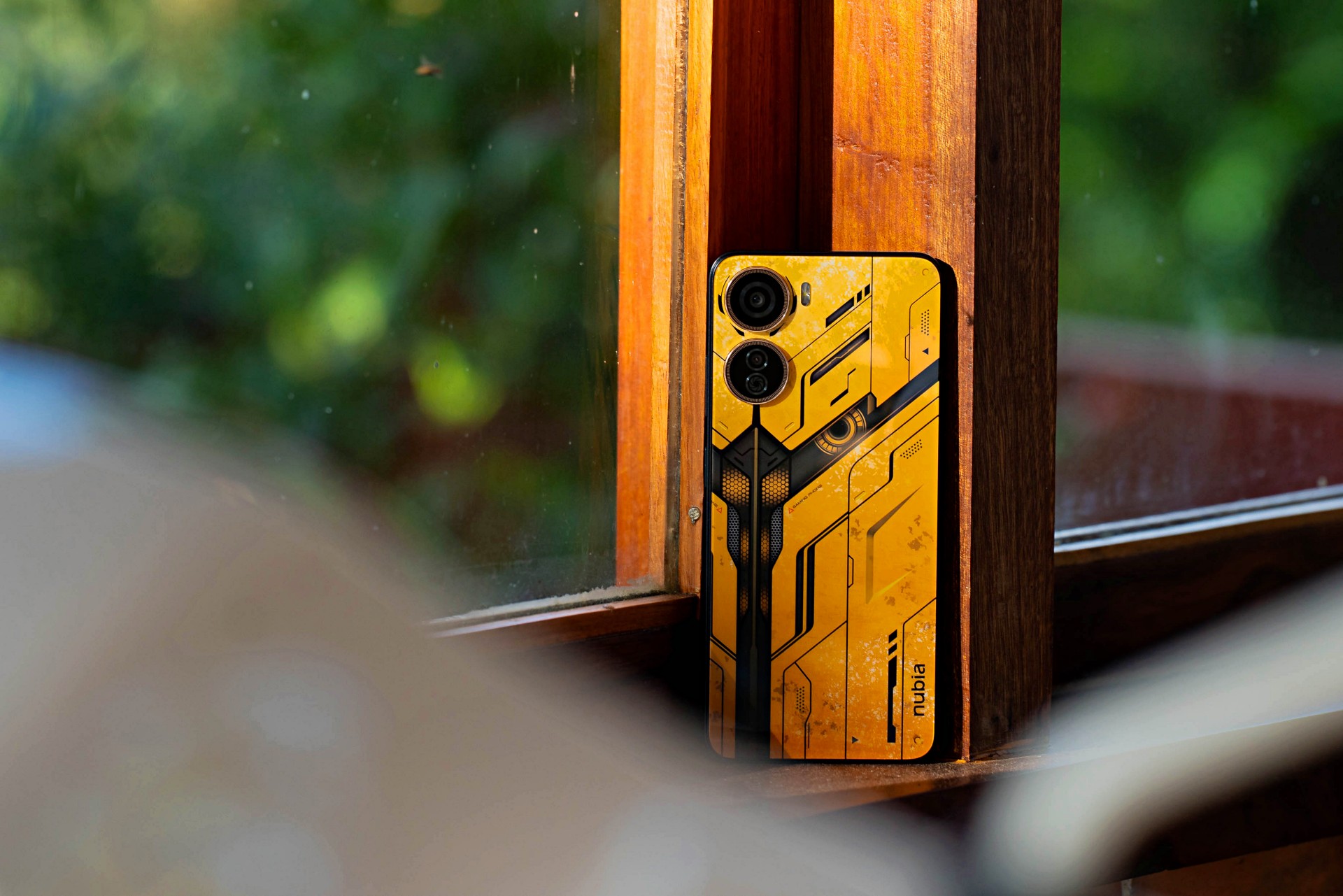
If you’re looking to buy a smartphone specifically for gaming, you’ll typically need to shell out more. You have to spend extra for capable hardware and software to fuel the mobile gaming experience. That doesn’t mean manufacturers aren’t trying their best to bring more affordable gaming phones to customers. Enter the ZTE nubia Neo 5G.
Known for their higher-end devices like the Redmagic series, ZTE introduced a budget-level choice that promises better gaming for all. Appearance-wise, it straight up looks like a gaming phone. But does it really deliver on being a great value device for mobile gamers?
ZTE nubia Neo 5G specs
- Unisoc T820 chipset, up to 2.7GHz
- Android 13
- 8GB+10GB RAM
- 256GB RAM
- 6.6-inch FHD+ display
- 120Hz refresh rate
- 50MP main camera + 2MP depth camera, 8MP front camera
- 4,500mAh battery
- 22.W fast-charging
- 3.5mm jack
- 2 SIM card slots
On paper, the ZTE nubia Neo 5G has the usual specs expected of a smartphone of its price point. There’s the usual 50MP main camera, FHD+ display, and and even a 3.5mm jack. On the positive end, it differs from other competitors by offering a higher refresh rate and a more spacious internal storage. However, it has a smaller battery capacity and a slightly slower “fast-charging” output.
WATCH: ZTE nubia Neo 5G Unboxing Reel
Appearance, feel
This budget gaming phone immediately stands out with its gold-and-black, Mecha-like finish at the back. The protruding camera lenses somehow mimic machine gears. The unit we tested came in War-Damaged Yellow. It somehow reminds us of Bumblebee from the Transformers franchise. There is also a Phantom Black option for those wanting black to be the dominant color.
The phone itself has just the proper amount of sleekness into it. It’s not slippery. It’s comfortable to hold. However, the placement of its speakers on the lower left does not help when holding the phone horizontally. Fingers tend to have it blocked, lessening the gaming experience.
Camera
As usual, this budget offering has as 50MP main shooter, with the 2MP extra camera standing in vain. The main camera works well with stills, and leans more on the natural side when it comes to color. Not too saturated, not too pale, just about right. Of course, you’ll need to be ultra steady when capturing as this phone does not support advanced stabilization features.
Additionally, you’ll need sufficient lighting to retain details. Shoot against the light, and the camera’s low dynamic range won’t help in preserving details in the darker parts. Shake your hand a bit, and you’ll get blurred captures. It’s pretty much expected for a handset in this segment.
Check out these sample photos:
Usage
The ZTE nubia Neo 5G does have a simple user interface that’s familiar long-time for Android users. It is able to work well for casual browsing, switching from one app to another, and having a few apps open.
On the downside, there are a few instances that hopping from one app to the other takes a bit more than a split second. I kind of expected that already, especially with watching livestreams or apps involving videos like YouTube and TikTok.
Of course, for optimal performance, it’s best to have just a few apps running at a time. And even with its slightly “smaller” battery, the phone can last you up to a full day for light to moderate use.
Gaming
We tested multiple titles on the ZTE nubia Neo 5G, ranging from slightly to highly demanding, to check its promise of better gaming on an affordable device. Apparently, games will run on the phone under low settings by default.
The phone held its own quite smoothly for usual MOBA and FPS titles, for as long as the graphics settings are set to low.
But where there are more simultaneous things going on, like in a mad Call of Duty scramble, that’s where the effects begin to experience lagging.
Moreover, with titles like Asphalt 9: Legends and Genshin Impact, which both push capabilities to the limit, the phone barely was able to support high settings.
To be fair, the phone did not get very hot throughout about an hour of gameplay, which is quite a plus. All things considered, including its price point and aesthetic that screams gaming, the ZTE nubia Neo 5G can be a decent gaming choice for those who are on a budget but still want to enjoy such games.
Is this your GadgetMatch?
Overall, the ZTE nubia Neo 5G is a serviceable budget phone, especially when it comes to usual performance. There are, however, some aspects that need to be improved. It wouldn’t hurt to improve the fast-charging capabilities, change the placement of its speakers, or sneak an extra ultra-wide lens to the setup.
But we fully understand that this device was meant for gaming. Higher-end models aren’t perfect either. This is a decent choice, considering that incorporating better specs to cheaper devices is still an ongoing process. It can only get better from here.
The ZTE nubia Neo 5G is available starting at PhP 9,999 on ZTE’s official Shopee store.
Hands-On
Found: Cute smartphone to match your coquette aesthetic
The OPPO Reno11 F 5G deserves that cute, pink bow

If you like it, then you should’ve put a ~pink bow~ on it!
At least, that’s what we did with the newest OPPO Reno11 F 5G painted in Coral Purple.
That soft, lilac hue bodes well with the coquette aesthetic — social media girlies’ cute (and crazy) obsession now.
Originally, the term “coquette” means “a woman who flirts,” which is also referenced at Robert Greene’s book called “The Art of Seduction.”
But the Generation Z knows how to put a spin on everything, with the trend now leaning into more playful and romantic approach to everything they see.
Think: pastel, pink, bows, and everything about girlhood.
The OPPO Reno11 F 5G fits in that dainty aesthetic. It’s a smartphone that looks playful from the get-go.
The frame’s slender, and it’s light enough for some chicly usage. Taking mirror selfies like a supermodel can be an achievable flex.
The flat sides look polished, befitting someone who looks bejeweled and ready to step into the world with confidence.
The buttons on the right side are easily reachable — for adjusting your music’s volume and for taking quick selfies.
It also comes in USB-C sitting on its bottom side along with mic and speakers.
Up front, the Reno11 F 5G comes with a flat display. Just like the coquette aesthetic, flat displays are being revived.
Curves are getting overrated, though. The flat, 6.7-inch AMOLED display is easier for watching and streaming your favorite shows and films.
Streaming a 2000s film like Mean Girls in 2024 didn’t feel like I was watching a movie from two decades ago. The visuals look as punchy and vibrant as it gets.
I enjoyed rewatching Devil Wears Prada as well, which can be streamed on Netflix. Even when I was sitting by the windows during noontime, the phone’s brightness kept up with the harsh light coming through.
It maintained that dynamic color despite struggling with glares.
What surprised me was the Ultra Volume mode, which boosts the audio up to 300%. The bimbo in me thought it was specifically for Netflix’s content, but I was wrong.
While using TikTok to think of new coquette style and watching my mother Taylor Swift’s performance since I wouldn’t be able to go to the Eras Tour, I activated the ultra volume once more.
The speaker’s as powerful as it gets but frankly, it might hurt your ears. It’s a back-up feature for when you forget your cute, full-toned speakers.
Living life like you’re in a rom-com film
Having a playful smartphone doesn’t end with putting pink bows and looking cute. It should let you romanticize life and let you live like you’re in a rom-com film.
We got to take the smartphone out for a whole day and its 5000mAh battery capacity didn’t even drop to one-fourth. Yup, even with mobile data on, taking pictures and videos, and browsing endlessly on TikTok and Instagram.
The 256GB internal storage is also sufficient for storing all your favorite moments. And more importantly, it’s got a camera that lets you record your everyday life.
The OPPO Reno11 F 5G comes with a 64-megapixel Ultra-Clear Triple Camera, which is also capable of recording a 4K Ultra-Clear Video apt for your TikTok and Instagram Reels.
There’s an 8-megapixel ultra-wide camera using a Sony IMX355 sensor, if you want to capture your views.
And for some details, there’s a 2-megapixel macro camera for when you want to zoom in a little. Up front, you can enjoy a 32-megapixel selfie camera which uses a Sony IMX615 sensor.
Moreover, there are built-in filters that you can select for your photos. Here are glimpses of our lives romanticized.
A match made for coquette girlies
The OPPO Reno11 F 5G takes anyone easily in their lover era, thanks to its playful vibe. The coquette aesthetic may fit it well, but it’s still a versatile phone that any girlies and their oomfs can take advantage of.
It’s just like any midrange phone, capable of multi-tasking from morning to night. Powered by MediaTek Dimensity 7050, you can certainly swipe continuously and power through the day.
You can even play some games if you’re bored from doomscrolling.
And when you’re in dire need of recharging, you can let it charge with its 67W SUPERVOOC. Before you’re done with your makeup, the phone’s already back to a hundred.
So, if you’re up for a smartphone that can easily take on your day-to-day life while looking coquette, the OPPO Reno11 F 5G just might be the dainty gizmo of your dreams.
Pricing and availability for the OPPO Reno11 F 5G will be announced soon. Stay tuned.
-
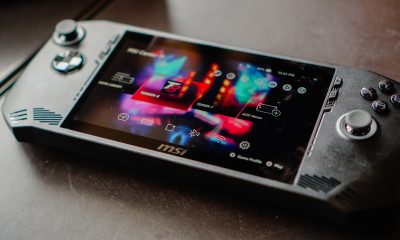
 Features2 weeks ago
Features2 weeks agoWhy choose the MSI Claw?
-
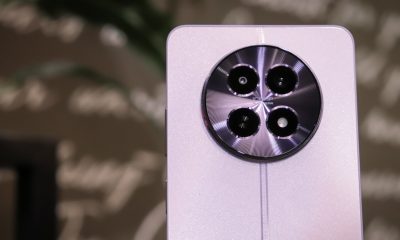
 Reviews7 days ago
Reviews7 days agorealme 12 5G review: It was enchanting to meet you
-
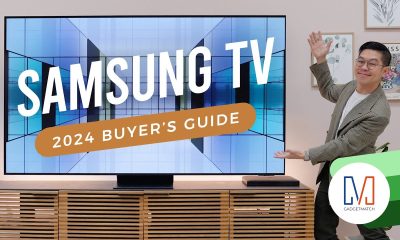
 Buyer's Guide2 weeks ago
Buyer's Guide2 weeks ago2024 Samsung TV: Buyer’s Guide
-

 Reviews2 weeks ago
Reviews2 weeks agoJBL Soundgear Sense review: Make every run magical
-
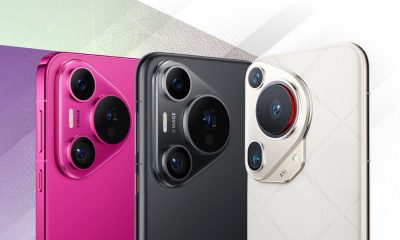
 Smartphones2 weeks ago
Smartphones2 weeks agoHuawei Pura 70 series is live in China
-

 Reviews3 days ago
Reviews3 days agoOnePlus 12R review: Making sense of OnePlus’ latest flagship
-

 Reviews2 weeks ago
Reviews2 weeks agoChallengers review: A thrilling drama wrapped as a tennis anime
-
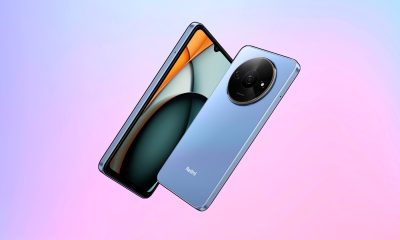
 News1 week ago
News1 week agoXiaomi Redmi A3 Philippine pricing, availability




















